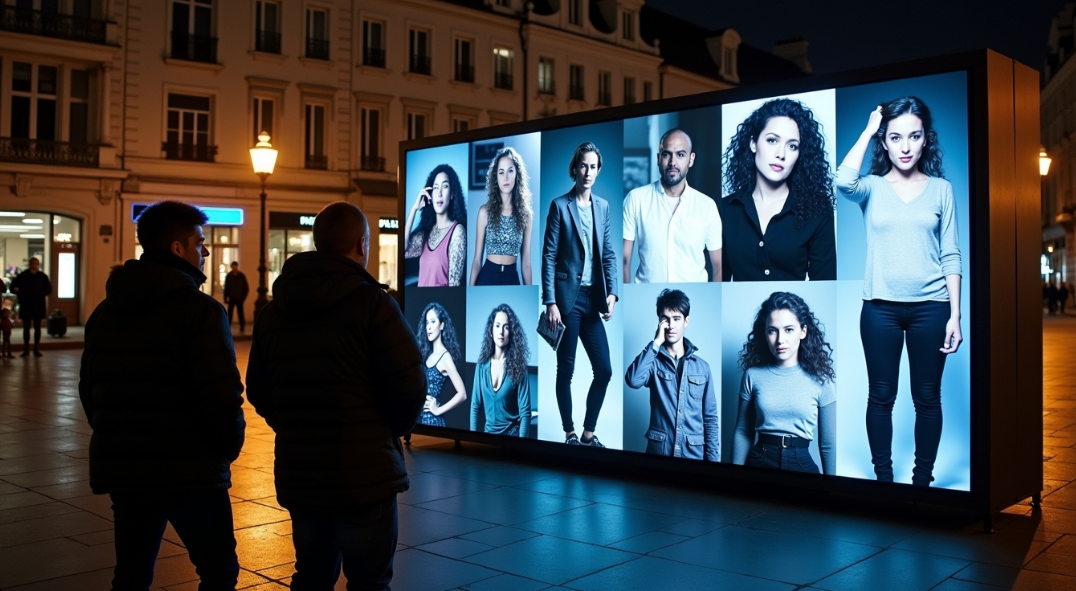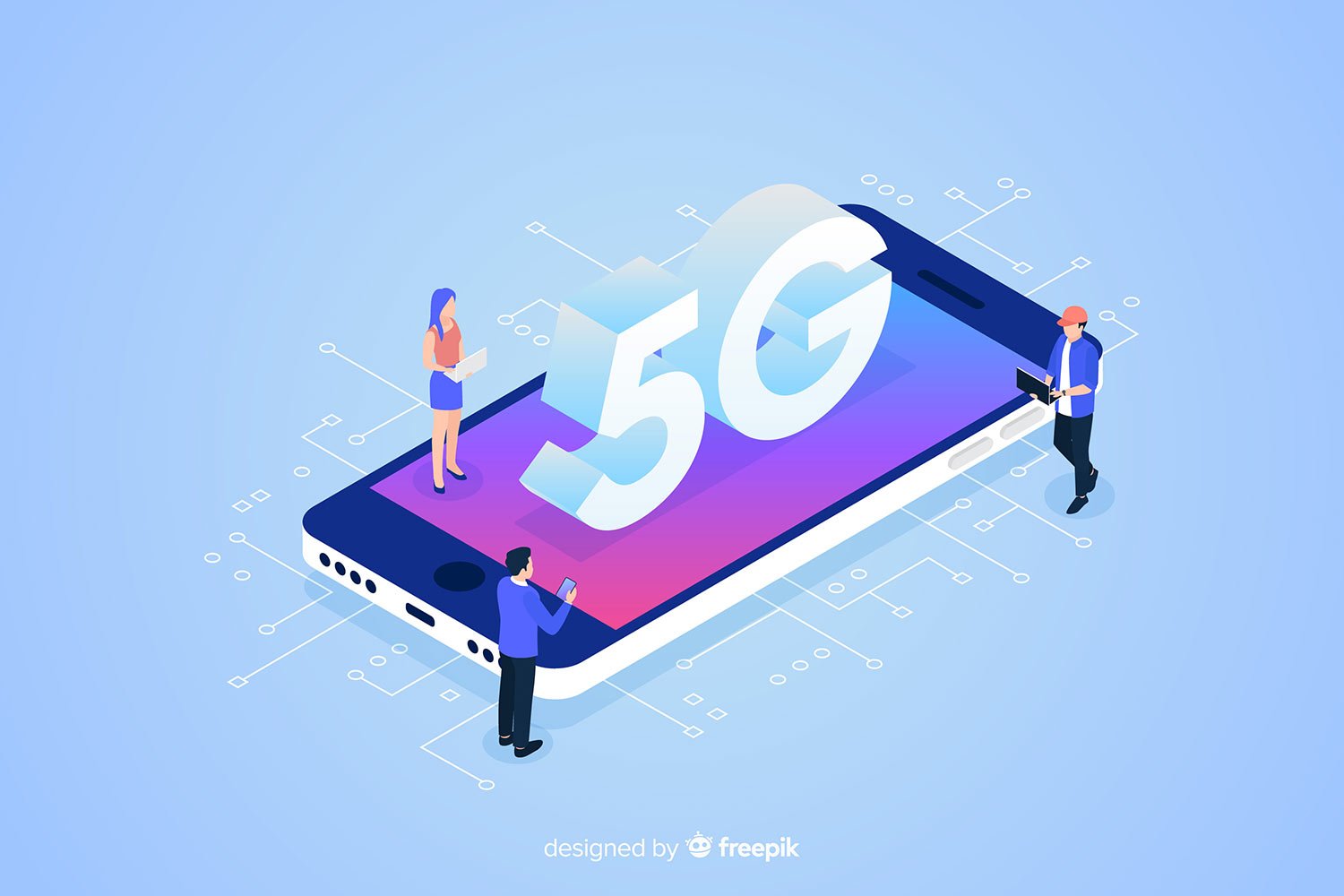What even is the Fappeningblog?
Okay, let’s break it down. No fluff, no sugarcoating.
Fappeningblog is one of those websites that people hear about but don’t talk about. Mainly because it’s sketchy as hell and controversial. The name comes from a mix of two words:
- Fap (internet slang for masturbation)
- Happening (like, an event)
Together? The Fappening. Back in 2014, this became a nickname for one of the most significant celebrity photo leaks in internet history. We’re talking private, intimate photos of some of the biggest Hollywood stars, all hacked and leaked online.
And yep, sites like Fappeningblog were at the center of that mess.
The 2014 Incident: A Quick Recap
Let’s rewind.
In August 2014, people on sites like Reddit and 4chan started posting nude photos of female celebrities — names like Jennifer Lawrence, Kate Upton, Ariana Grande, and more.
Turns out, these pics weren’t just “stolen” — they were hacked from private iCloud accounts. Hackers used phishing techniques to get passwords, then dumped the content.
It was creepy. Gross. And honestly, terrifying.
Enter: Fappeningblog
After the leak, numerous shady websites emerged to host and archive these photos. One of the most talked about (and still somehow alive today) is Fappeningblog.
This site publishes leaked, private, or paparazzi-style celebrity content, often pushing ethical and legal boundaries. Even after the original leaks were deleted from places like Reddit, this blog kept the vibe going.
So yeah, not exactly a wholesome little corner of the web.
Why Are People Still Talking About It?
Good question. You’d think the story would be dead after a decade, right?
But no — the Fappeningblog controversy still gets searched, discussed, and debated. Here’s why:
- The site still exists and posts borderline content
- People search for it out of curiosity (even though it’s problematic)
- It represents a bigger issue: privacy in the digital age
- It shaped how tech companies respond to data breaches today
It Wasn’t Just a “Celebrity Thing”
At first, some people thought, “Eh, they’re famous. Comes with the territory.”
NOPE. That takes ages like milk.
This wasn’t just a few selfies. It was a mass violation of human dignity. Doesn’t matter if you’re a Hollywood A-lister or just some random person — no one wants their photos splashed across the internet.
And the worst part? These women didn’t even know it happened until the world saw everything.
Legal Fallout
The U.S. government got involved. The FBI launched investigations. Multiple hackers were arrested and sentenced. Ryan Collins, a man, received an 18-month prison sentence for phishing and hacking accounts.
But the internet never forgets. Once content is out, it spreads. Copies pop up on mirror sites, shady forums, and yeah, blogs like Fappeningblog.
Why Google & AdSense Hate It
If you try to make a site like that today, you’re gonna get:
- Deindexed by Google
- Banned from AdSense (forever)
- Blacklisted by hosting companies
- Reported by watchdog groups
That’s why blogs like Fappeningblog often change domains or host offshore. They can’t survive on the legit web.
Why It Still Gets Traffic
Let’s be real. Curiosity drives clicks. People Google it out of:
- Curiosity
- Drama hunting
- Shock factor
Searches like:
- “Is Fappeningblog still active?”
- “Fappening photos 2024”
- “Fappeningblog new domain”
So SEO-wise, the keyword is still very much alive.
But that doesn’t mean it’s ethical. Or even legal.
How It Changed the Internet
After the scandal, significant changes happened:
- Apple improved iCloud security
- Two-factor authentication became common
- Celebs hired digital security experts
- Privacy laws got tighter in many countries
It also triggered bigger conversations about:
- Consent
- Digital footprint
- Cloud vulnerability
Cultural Impact: More Than Just Gossip
This wasn’t just an internet drama. It was a cultural shift.
- Jennifer Lawrence called it a “sex crime” in a Vanity Fair interview.
- Feminists and digital rights activists spoke out.
- The media got roasted for treating it like tabloid gossip.
It was a reminder: what you upload can be weaponized.
The Ethics of Even Talking About It
Okay, weird question:
Are we bad for even googling it?
Not really. Curiosity doesn’t make you complicit. But there’s a line between reading about a scandal and hunting down someone’s private photos.
Reading = okay. Downloading or sharing = no.
We can learn from a thing without feeding it.
What Happens to Sites Like Fappeningblog?
Most sites like this either:
- Get shut down by law enforcement
- Get sued into oblivion
- Keep jumping from domain to domain to avoid detection
Fappeningblog still exists in some form, but it’s shady. No one reputable links to it. It doesn’t show up in typical search results often. It lives on in the gray corners of the web.
How to Protect Yourself in a Post-Fappening World
The internet is wild. Protect yourself:
- Use strong, unique passwords
- Turn on two-factor authentication
- Don’t store sensitive content on cloud storage unless it’s encrypted
- Know your digital rights
Final Thoughts: Why It STILL Matters
It’s been years since the Fappening happened, but the issues it raised are more relevant than ever:
- AI-generated deepfakes are a thing now
- Data privacy laws are still catching up
- People (especially women) get doxxed and leaked all the time
So yeah, Fappeningblog isn’t just some nasty old website. It’s a reminder of how bad things can get if we don’t take online privacy seriously.
Frequently Asked Questions (FAQ)
Q1: What is Fappeningblog?
A: Fappeningblog is a controversial website known for sharing or archiving leaked and private celebrity photos, often linked to the 2014 “Fappening” scandal, where numerous celebrity iCloud accounts were hacked.
Q2: Is Fappeningblog legal?
A: It operates in a legal gray area. Sharing or hosting non-consensual content, especially if it was obtained illegally, is a violation of privacy laws in many countries. Sites like this often face takedowns and domain bans.
Q3: Why does Fappeningblog still get traffic?
A: Curiosity, controversy, and lingering online searches keep the keyword alive. Even though most users are aware of its unethical nature, people still Google it for drama or nostalgia.
Q4: Is Fappeningblog still online?
A: It appears and disappears frequently. It may exist under different domains or mirror sites, but mainstream search engines and ad networks heavily blacklist it.
Q5: What was “The Fappening”?
A: It refers to the 2014 mass leak of private, often explicit celebrity photos — a major privacy breach that led to legal actions, cultural conversations, and reforms in digital security.
Q6: Can I get in legal trouble for visiting or sharing content from Fappeningblog?
A: Visiting the site is generally not illegal, but downloading, sharing, or reposting leaked private content can violate laws depending on your country. Always avoid interacting with such content.
Q7: What did the Fappening incident change online?
A: It led to increased security awareness, the rise of two-factor authentication, and broader discussions about digital consent, data storage, and ethical internet use.
Q8: What’s the best way to protect my digital privacy?
A: Use strong passwords, enable two-factor authentication, avoid storing sensitive content in unencrypted cloud services, and stay aware of phishing scams.
Q9: Are there any legitimate sites that covered the Fappening responsibly?
A: Yes, many news outlets like The Guardian, Vanity Fair, and Wired covered the story from a journalistic and ethical perspective, focusing on privacy and legality rather than sensationalism.
Q10: Why does this controversy still matter?
A: Because the internet never forgets, and similar privacy violations are still happening. The Fappening blog controversy is a case study in what can go wrong when tech, privacy, and ethics collide.






